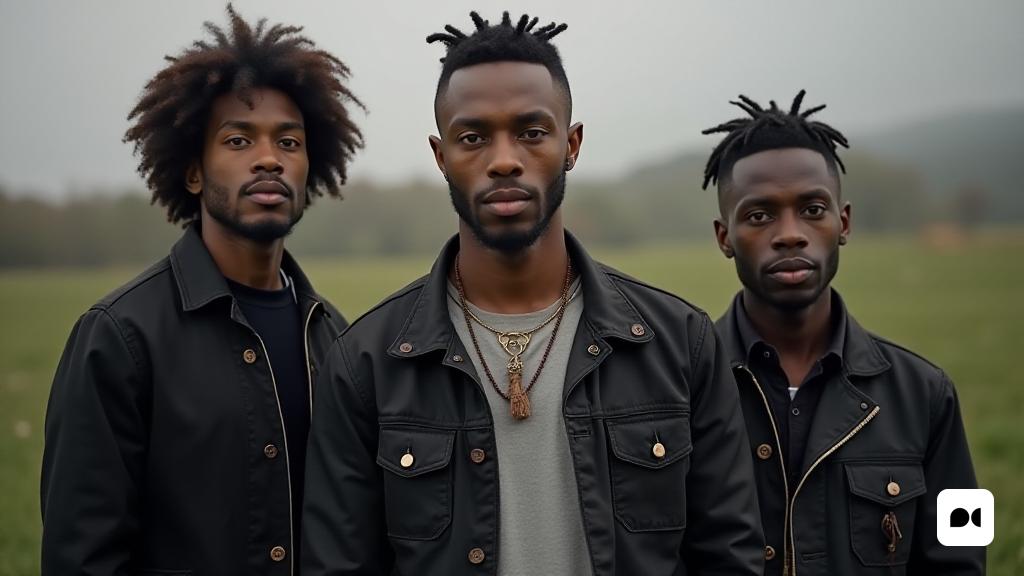The Rebirth of Gaelic Through Hip-Hop
Móglaí Bap, one of the members of the trio Kneecap, shares an anecdote from their early days: “I just did it for fun. There was no long-term plan.” Since that first single, titled C.E.A.R.T.A. — a Gaelic word that translates as ‘rights’ — the group has grown enormously. Together with his companions, Mo Chara and DJ Próvaí, they have emerged as pioneers in the Irish Gaelic music scene, becoming a relevant voice in youth culture.
Linguistic Challenges in a Historical Context
The history of Gaelic in Ireland is one of resistance and struggle. Despite a population of almost five million, only around 37% speak the language, and daily use is drastically reduced. In Northern Ireland, the situation is even more critical, with only 6,000 speakers. This historical context of British colonisation has left a deep mark on Irish cultural identity.
The Echo of Protest
In 2017, a march in Belfast called for Gaelic to be officially recognized. The night before, Móglaí Bap and a friend expressed their support for the language through graffiti, leading to an arrest. During questioning, Móglaí Bap refused to communicate in English, reaffirming his commitment to his mother tongue. This act of defiance inspired his first single, C.E.A.R.T.A., which resonated with youth searching for an identity of their own amidst oppression.
The Paradox of Cultural Identity
C.E.A.R.T.A. was not just a protest anthem; it also reflected the uneasiness of a generation facing an uncertain future. Just as young people in Catalonia found a form of expression in rap, the Northern Irish found in Kneecap a voice that advocated for their realities. However, this voice also generated controversy; some sectors considered it too provocative, which led to censorship by media such as RTÉ Raidió Gaeltachta.
A Cultural Parallelism
The debate over cultural identity in Ireland resonates in Catalonia. Recently, the documentary ‘La banda del pati’ explored the rise of urban music in Catalan, raising similar questions about politics and language in music. Despite criticism, the acceptance of the language as a vehicle for artistic expression is a victory in itself.
A Cinematic Journey
Kneecap’s journey has been documented in a biopic that highlights their cultural impact. The film, which features the group’s members as protagonists, has been supported by big-name actors such as Michael Fassbender, and their success at festivals such as Sundance has cemented their status as icons of Irish culture.
A Powerful Message
The film will be released in our country on 20 September, and features a powerful scene where Móglaí Bap, in a concert, challenges those who criticise his use of Gaelic: “They accuse us of playing politics with the language by singing in Irish. Those who play politics with Irish are the ones who forbade us to speak it.” This statement encapsulates the struggle to preserve language and cultural identity in a context of oppression.

